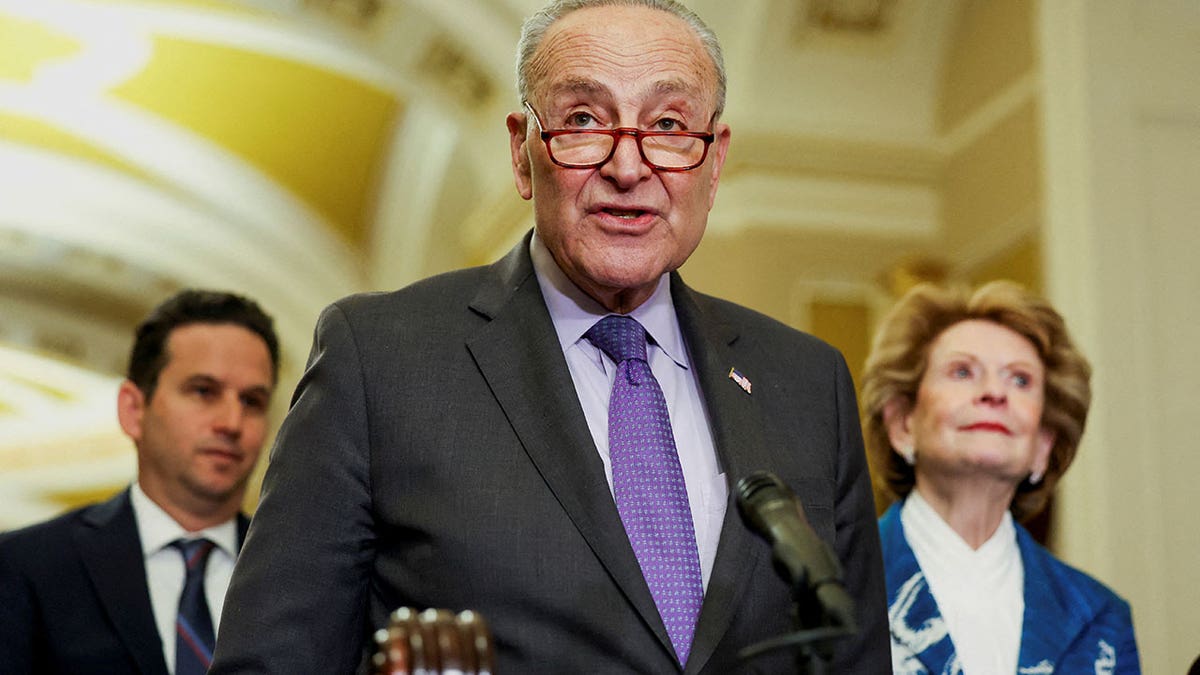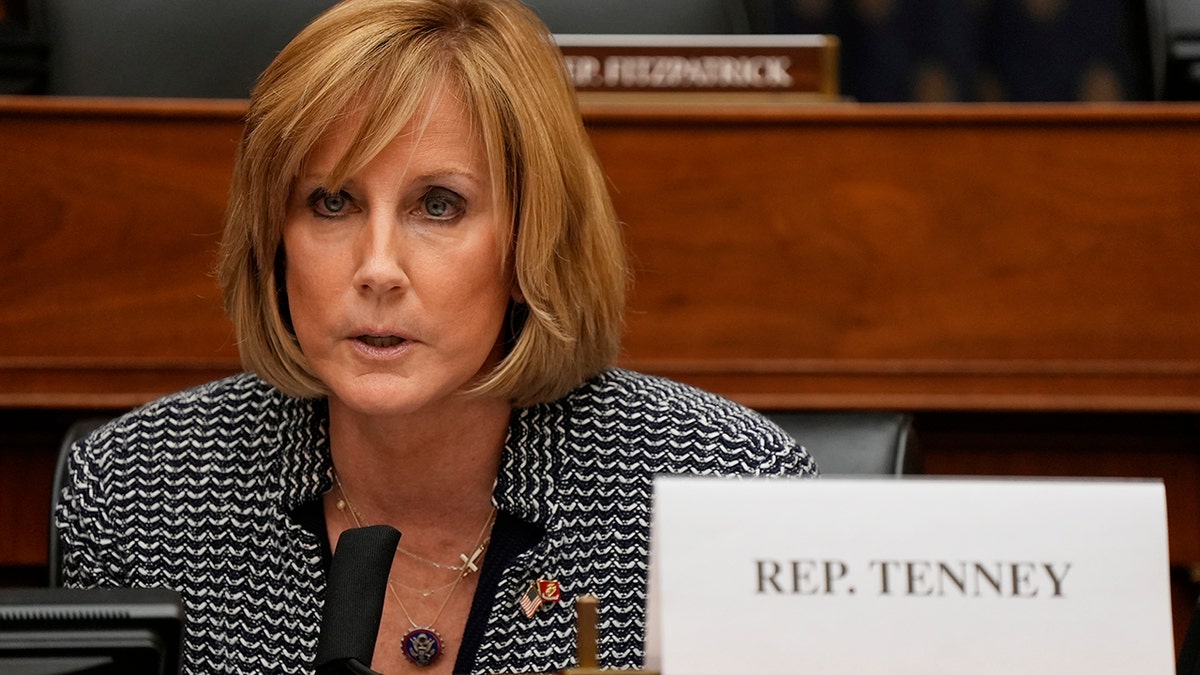
In recent news, the House of Representatives passed the SAVE Act, a bill aimed at preventing non-citizens from voting in federal elections. The legislation received bipartisan support with only five Democrats voting in favor: Reps. Henry Cuellar, Vicente Gonzalez, Jared Golden, Don Davis and Marie Gluesenkamp Perez. Republican Congresswoman Claudia Tenney of New York, who is the chair of the House Election Integrity Caucus and a strong advocate for citizenship voting requirements, expressed her satisfaction with the bill's passage.
Under the SAVE Act, voters would be required to provide proof of citizenship via IDs and documentation such as a passport or birth certificate. The legislation passed with a final vote of 221-198. However, it is important to note that it is already illegal for non-citizens to vote in federal elections.
Despite this, some argue that the bill serves as an important step towards election integrity and preserving the concept of one citizen, one vote. Others view it as a voter suppression effort targeted at key Democratic constituencies.
The SAVE Act is not without controversy. Critics claim that it would make it harder for eligible Americans to register to vote and increase the risk of eligible voters being purged from voter rolls. The White House has also expressed opposition to the bill, stating that it would do nothing to safeguard elections but rather erode public confidence in the US election system.
It is essential to approach this issue with a clear understanding of the facts and avoid biased interpretations. While there have been instances of non-citizens attempting to vote or being registered to vote, these cases are rare. It is crucial that we continue to uphold the integrity of our electoral process while ensuring that all eligible citizens have the opportunity to exercise their right to vote.




